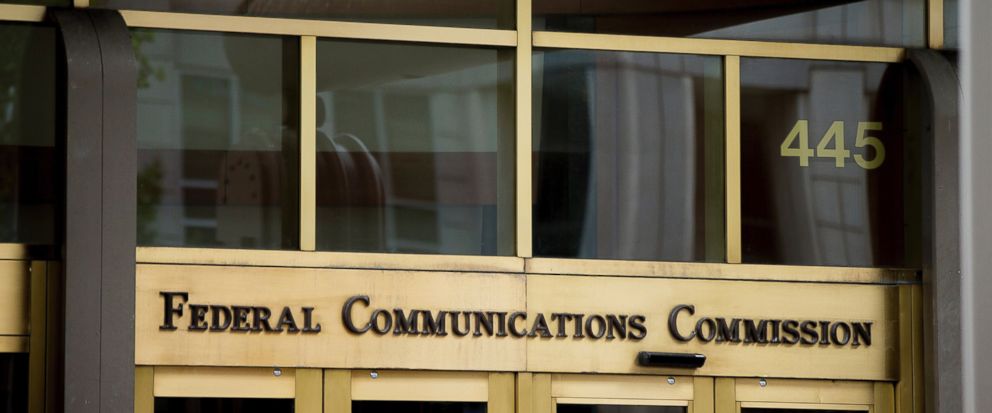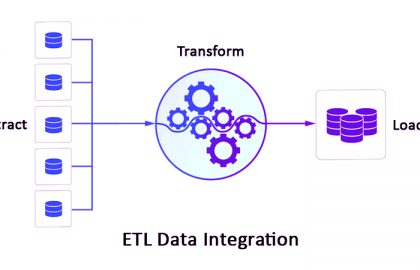FCC chairman sets out to scrap open internet access rules
The chairman of the Federal Communications Commission set out Tuesday to scrap rules around open internet access, a move that would allow giant cable and telecom companies to throttle broadband speeds and favor their own services if they wish.
Ajit Pai followed through on a pledge to try to repeal "net neutrality" regulations enacted under the Obama administration. The current rules treat internet service providers such as Comcast, AT&T and Verizon as if they were utility companies that provide essential services, like electricity. The rules mandate that they give equal access to all online content and apps.
Pai said those rules discourage investments that could provide even better and faster online access. Instead, he said new rules would force ISPs to be transparent about their services and management policies, and then would let the market decide.
"Under my proposal, the federal government will stop micromanaging the internet," Pai said in a statement.
Pai distributed his alternative plan to other FCC commissioners Tuesday in preparation for a Dec. 14 vote. Pai promised to release his entire proposal Wednesday. Although the FCC's two Democrats said they will oppose the proposal, the repeal is likely to prevail as Republicans dominate 3-2. The vote for net neutrality in 2015 was also along party lines, but Democrats dominated then.
Equal treatment for all web traffic has been a fundamental principle of the internet since its creation but companies have increasingly put their thumb on the scales of access. AT&T, for example, doesn't count use of its streaming service DirecTV Now against wireless data caps, potentially making it seem cheaper to its cellphone customers than rival TV services. Rivals would have to pay AT&T for that privilege.
Regulators, consumer advocates and some tech companies are concerned that repealing net neutrality will give ISPs even more power to block or slow down rival offerings.
A repeal also opens the ability for ISPs to charge a company like Netflix for a faster path to its customers. Allowing this paid-priority market to exist could skew prices and create winners and losers among fledgling companies that require a high-speed connection to end users.
Pai, who was appointed by President Donald Trump, said in an interview on Fox News Radio that Trump did not have any input on his proposal. Asked whether deregulation would result in higher prices and put speedy internet access out of the reach of blue-collar Americans, Pai said "it's going to mean exactly the opposite."
"These heavy-handed regulations have made it harder for the private sector to build out the networks especially in rural America," Pai said.
In a Wall Street Journal editorial published Tuesday, Pai cited a report by a nonprofit think tank, the Information Technology & Innovation Foundation, that said investment by the dozen largest ISPs fell about 2 percent from 2015 to 2016, to $61 billion. The group didn't link the drop solely to the stiffer rules introduced in 2015.
The attempt to repeal net neutrality has triggered protests from consumer groups and internet companies. A data firm called Emprata that was backed by a telecom industry group found in August that after filtering out form letters, the overwhelming majority of comments to the FCC — about 1.8 million — favored net neutrality, compared with just 24,000 who supported its repeal.
Carmen Scurato, director of policy and legal affairs for the National Hispanic Media Coalition, said ISPs' ability to impose monthly caps on data use already act to raise prices and limit access. Repealing net neutrality, she said, "is just erecting more barriers."
Among those that will be hit hardest are startups that depend on high-speed internet connections for growth, said Colin Angle, co-founder and CEO of iRobot, maker of the Roomba robot vacuum cleaners. He said his own company wouldn't be dramatically affected in the near term, but the nascent robotics industry overall might.
"The need for these robots to consume bandwidth is certainly on the rise," Angle said.
Google said in a statement that net neutrality rules "are working well for consumers and we're disappointed in the proposal announced today."
Other tech companies were more muted, with some referring instead to their trade group, the Internet Association. Netflix, which had been vocal in support of the rules in 2015, tweeted that it "supports strong #NetNeutrality" and opposes the rules rollback.
But the streaming-video company said in January that weaker net neutrality wouldn't hurt it because it's now too popular with users for broadband providers to interfere.
AT&T executive vice president Joan Marsh said new rules requiring ISPs to disclose their management practices will keep them honest. "Any ISP that is so foolish as to seek to engage in gatekeeping will be quickly and decisively called out," she said in a statement.
Comcast said its commitment to consumers will remain the same. "We do not and will not block, throttle, or discriminate against lawful content," Comcast's senior executive vice president David Cohen said.
Pai's plan also restores the Federal Trade Commission as the main watchdog to protect consumers and promote competition.
But Democratic Commissioner Mignon L. Clyburn said the proposal was "a giveaway to the nation's largest communications companies."
Pai's proposal on net neutrality comes after the Republican-dominated commission voted 3-2 last week to weaken rules meant to support independent local media, undoing a ban on companies owning newspapers and broadcast stations in a single market.
———
Liedtke reported from San Francisco. AP Technology Writers Matt O'Brien in Boston and Tali Arbel in New York also contributed to this report.
- Star
Add Interests Customize your news feed by choosing the topics that interest you.
To save your interests across all devices Log In or Sign Up »Source – abcnews.go.com






